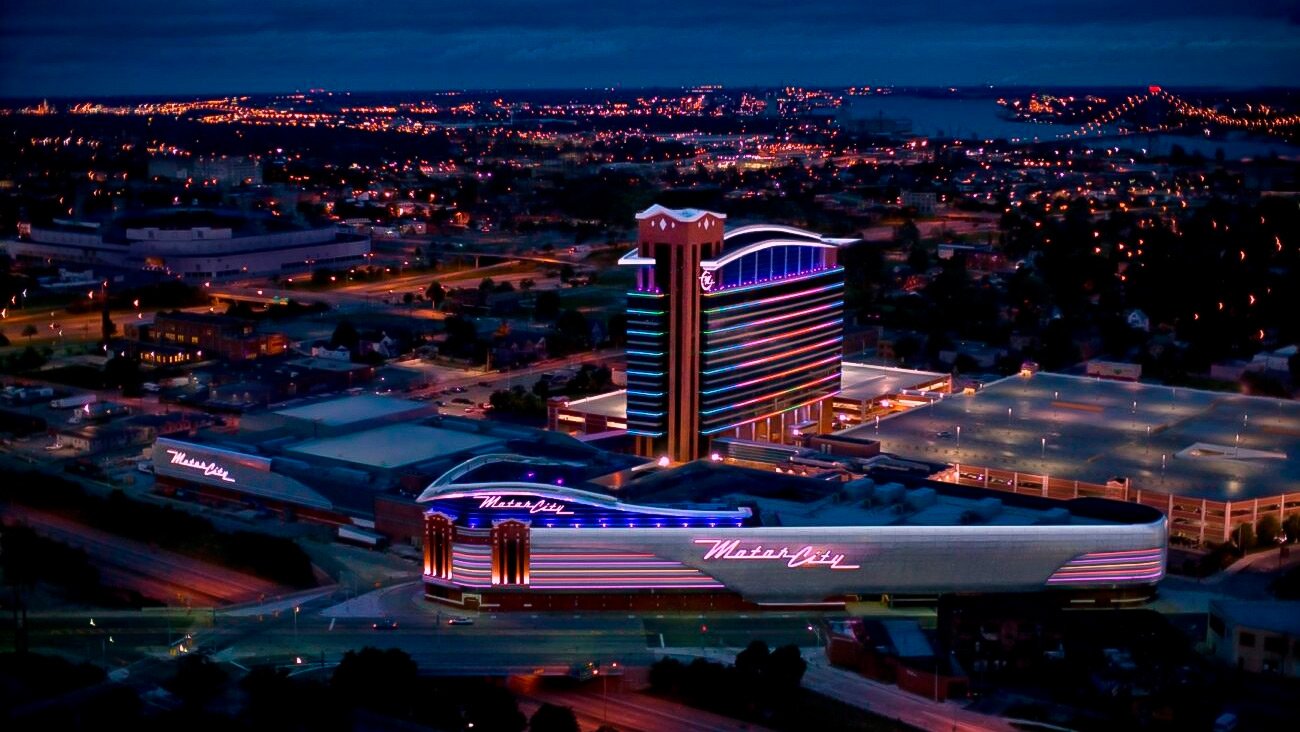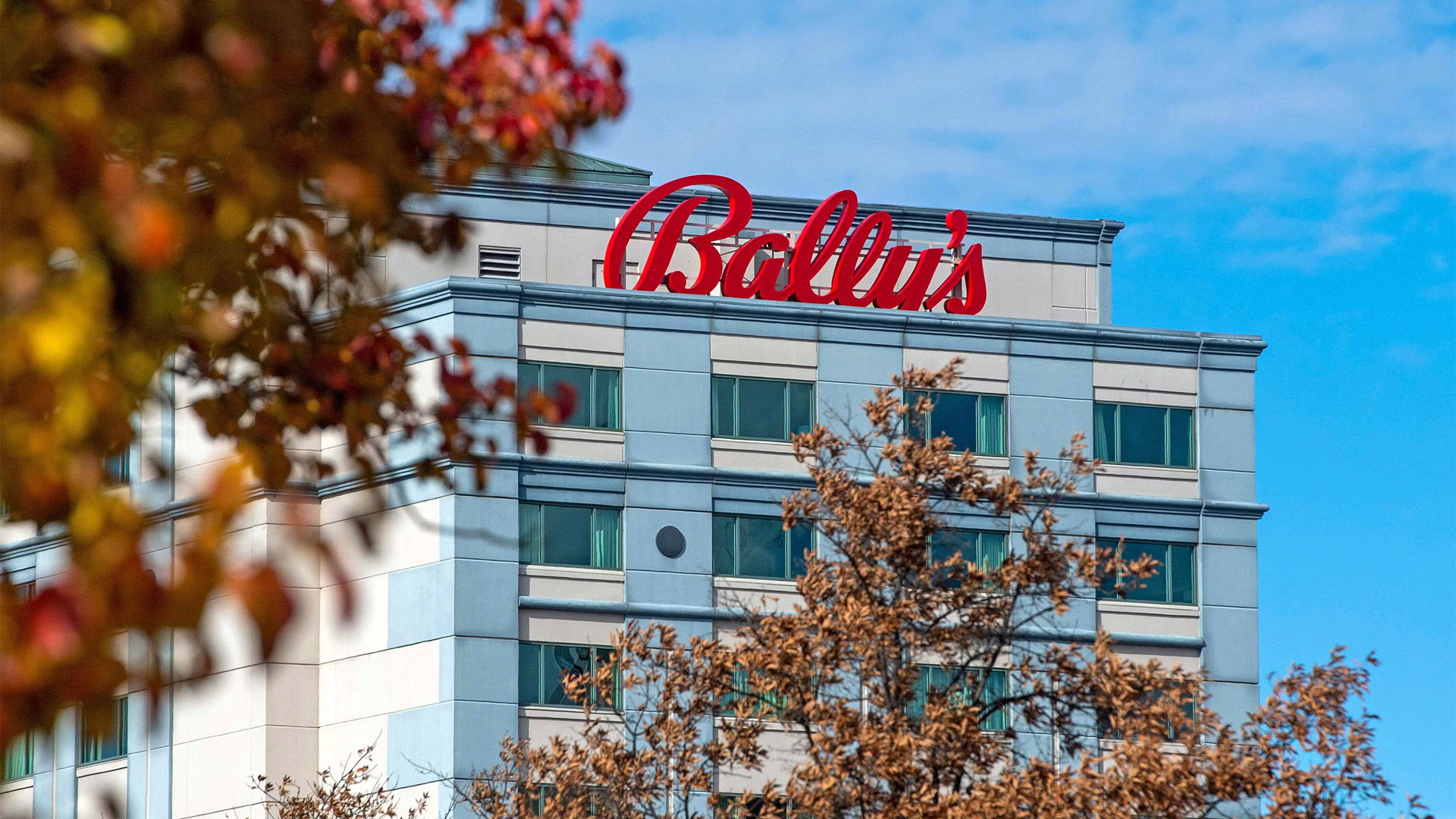Detroit casinos report $107.2M in gaming revenue during July, driven by online

The three casinos in Detroit, Michigan, have reported $107.2 million in monthly aggregate revenue during July, an 8.29% decline on a yearly basis, but an increase of 8.72% from the previous month, according to the latest report from the Michigan Gaming Control Board. Table games and slots generated $106.7 million in revenue while retail sports betting produced revenue of $477,543.
MGM Grand Detroit emerged as the market leader for the month, capturing 47% of the casino sector in the city. Following MGM were MotorCity with 29% and Hollywood Casino at Greektown with a 24% share of the land-based market.
MGM Grand Detroit
Table games and slots revenue see a slight increase
Revenue for table games and slots increased by 0.7% when compared to the results in the same month last year. Additionally, July's revenue saw a 4.8% increase when paired against revenue in June this year.
Monthly gaming revenue results per venue were mixed when compared with July 2022. Hollywood Casino at Greektown was the only casino to post an increase, with revenue up by 27.5% to $25.3 million. MGM and MotorCity were down by 2.4% and 10%, reporting $50 million and $31.4 million, respectively.
During the period, the three casinos paid $8.65 million in taxes to the State of Michigan, a slight increase from the $8.58 million for the same month last year. Additionally, the gaming properties reported submitting $12.7 million in wagering taxes and development agreement payments to the City of Detroit during the last month.
MotorCity Casino
Retail sports betting QAGR down
The Detroit casinos reported $7.96 million in total retail sports betting handle, and total gross receipts were $485,763. Retail sports betting qualified adjusted gross receipts (QAGR) were up by $868,951 compared to June 2023. July QAGR fell by 62% compared to the same month last year.

July QAGR by casino was $121,017 for MGM Grand Detroit; $40,723 for MotorCity, and $397,249 for Hollywood Casino at Greektown. Combined sports betting revenue for the three properties was $893,732, down from $2.4 million in April 2022.
During July, the casinos paid $19,590 in gaming taxes to the state and reported submitting $23,944 in wagering taxes to the City of Detroit based on retail sports betting revenue.
Lastly, the Board announced that fantasy contest operators reported total adjusted revenues of $1.4 million and paid taxes of $117,117 during June. From January 1 through June 30, fantasy operators reported $12.1 million in aggregate fantasy contest-adjusted revenues and paid $1 million in taxes




















































